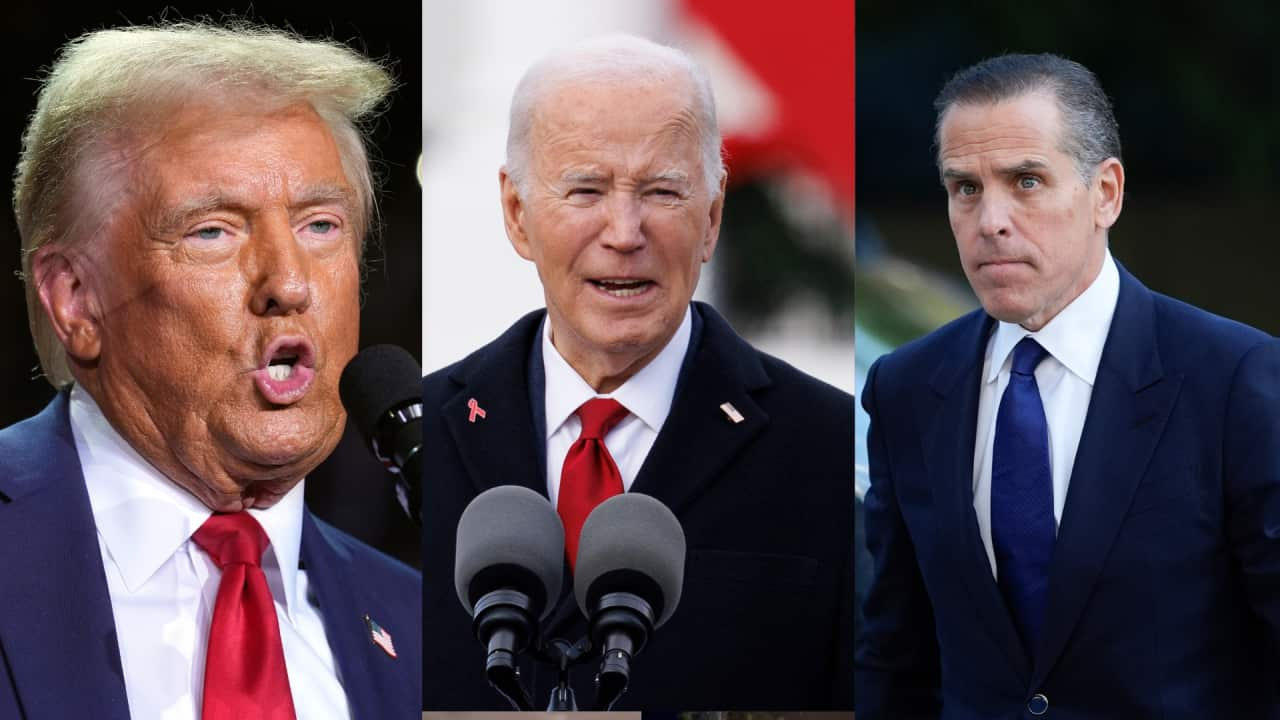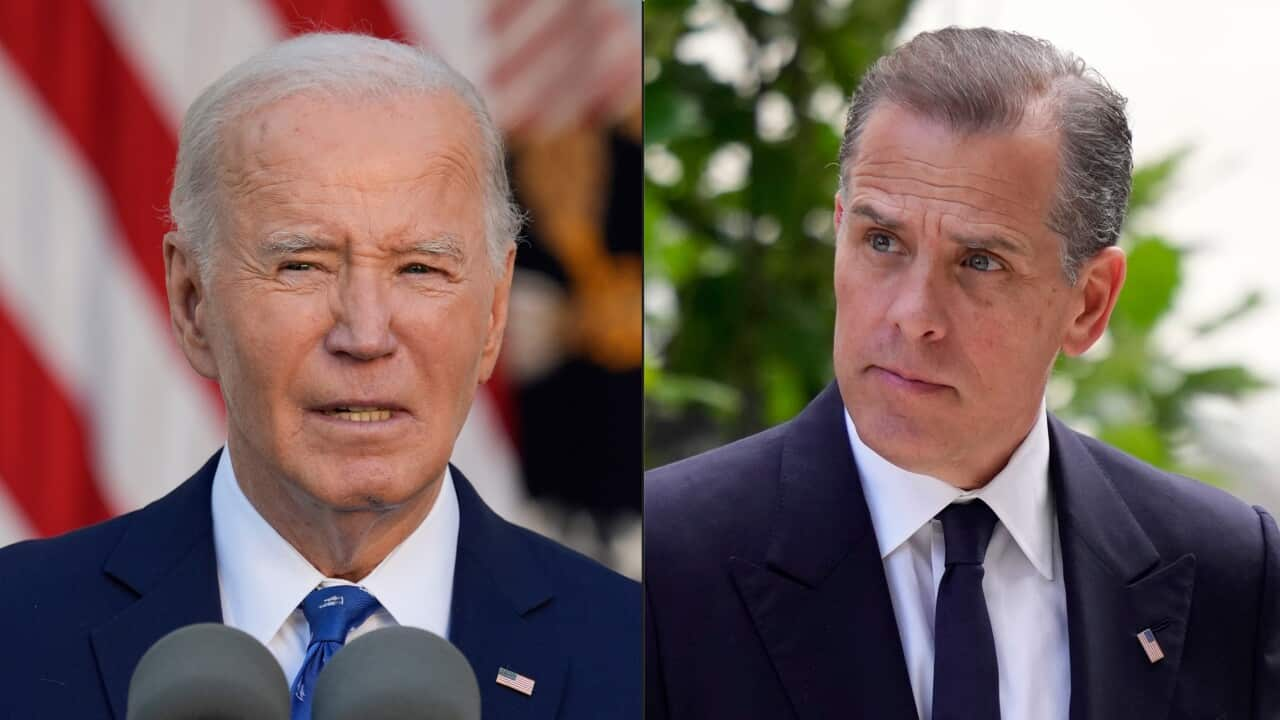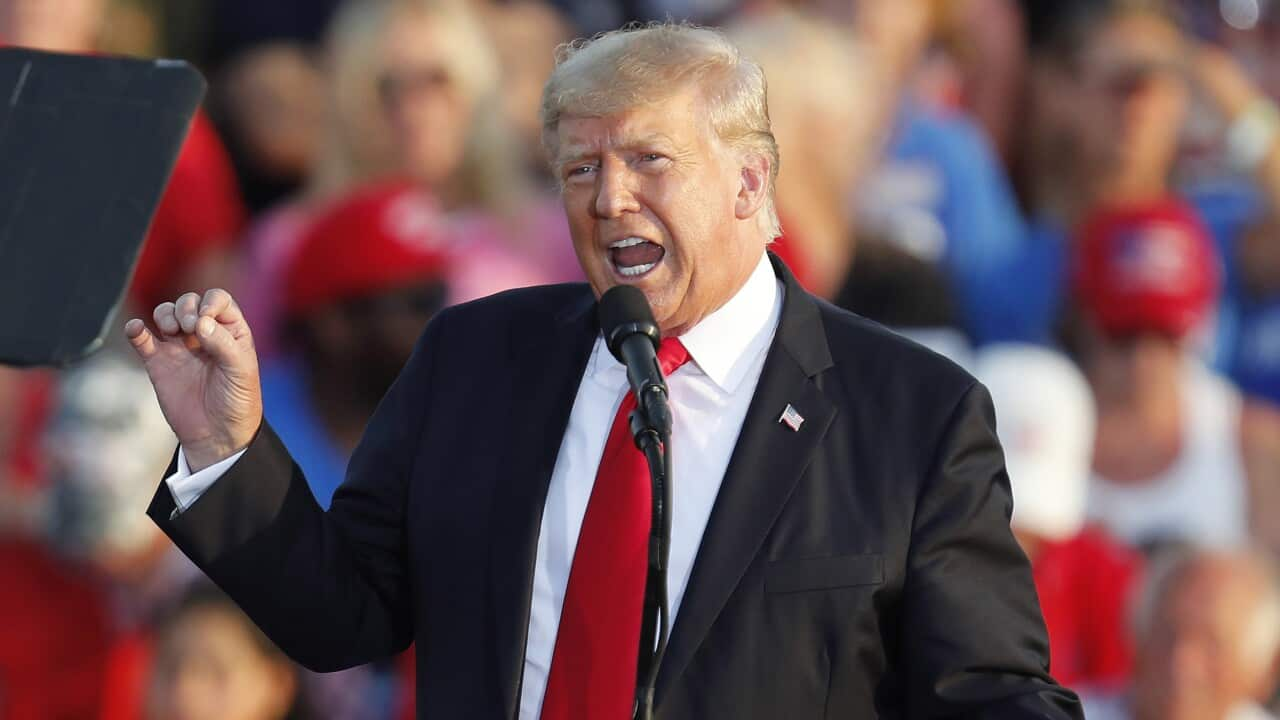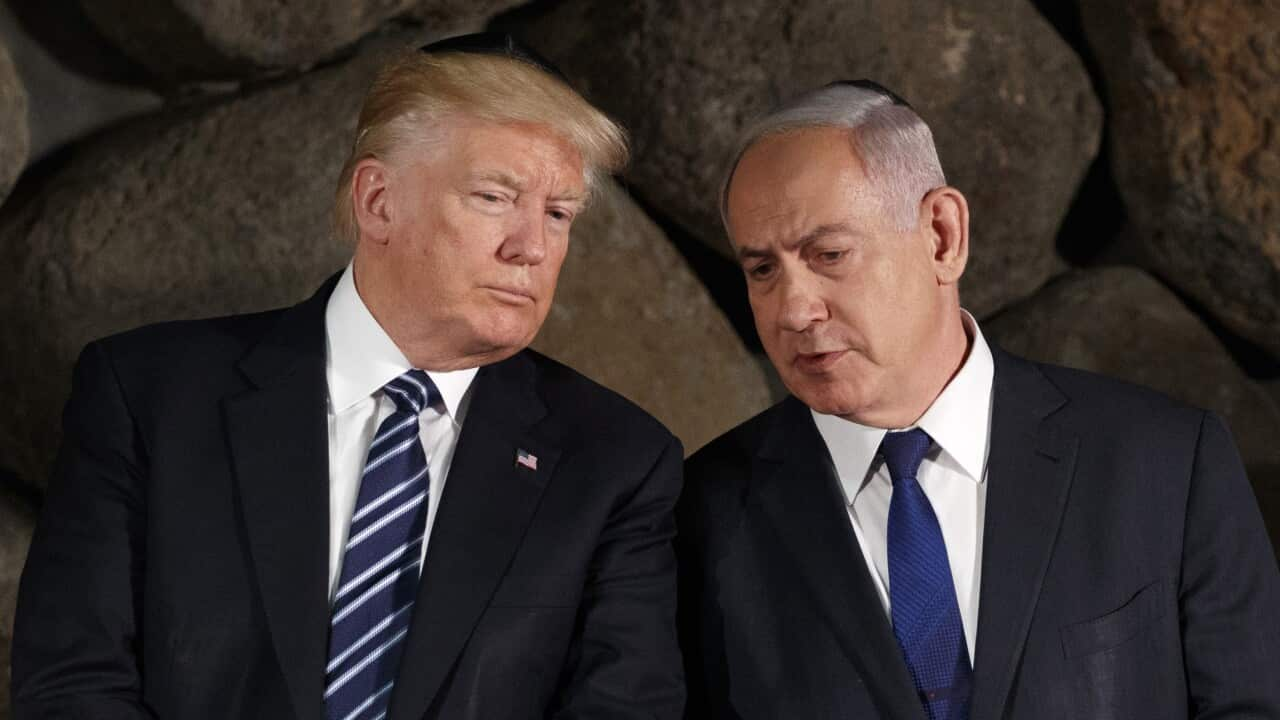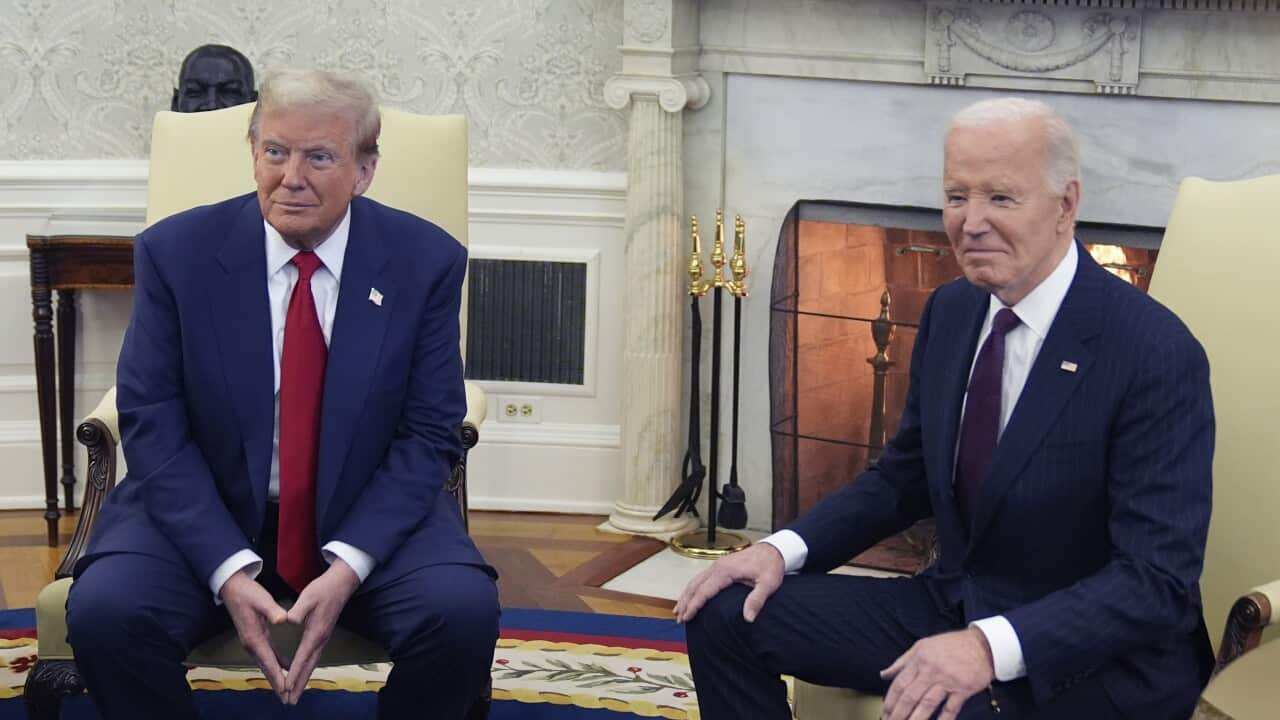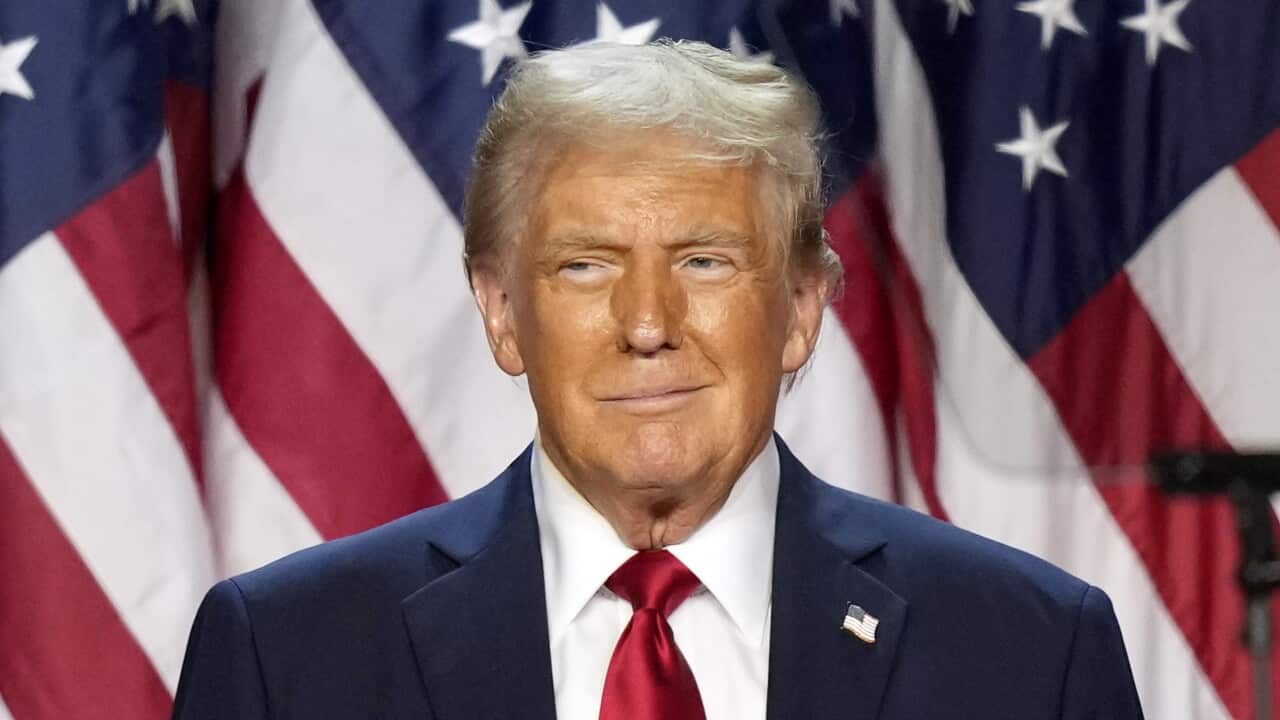United States President Joe Biden has pardoned his son, Hunter Biden after he pleaded guilty to tax violations and was convicted on firearms-related charges.
"Today, I signed a pardon for my son Hunter. From the day I took office, I said I would not interfere with the Justice Department's decision making, and I kept my word even as I have watched my son being selectively, and unfairly, prosecuted," Biden said.
The White House said repeatedly that Biden would not pardon or commute sentences for Hunter, a recovering drug addict who became a target of Republicans, including president-elect Donald Trump.
"No reasonable person who looks at the facts of Hunter's cases can reach any other conclusion than Hunter was singled out only because he is my son," Biden said in a statement.
"There has been an effort to break Hunter — who has been five and a half years sober, even in the face of unrelenting attacks and selective prosecution."
Biden's pardon and its impact on Trump's political strategy
Dr John Hart is a member of the Australian National Emeritus Faculty and former head of the Department of Political Science at the Australian National University.
He told SBS News that while Biden's reversal of previous statements may "look bad", the decision was understandable given the potential for Trump to further politicise the cases once he was in office again.
"Trump has made it quite clear that he's going to go after Hunter Biden for reasons that are political rather than judicial," Hart said.
The decision to pardon his son has led to mixed reactions from Democrats and Republicans, with some of Biden's supporters questioning if the president has tarnished his reputation.
Posting to his social media platform Truth Social after Biden's announcement, Trump called the decision an "abuse and miscarriage of justice".
Cases against Hunter Biden
Hunter Biden faced sentencing for the false statements and gun convictions in November.
In September, he pleaded guilty to federal charges of failing to pay US$1.4 million ($2.1 million) in taxes while spending lavishly on drugs, sex workers and luxury items.
He was scheduled for sentencing in that case on 16 December.
On Sunday, Hunter Biden said in a statement that he had "admitted and taken responsibility for my mistakes during the darkest days of my addiction — mistakes that have been exploited to publicly humiliate and shame me and my family for political sport".
"In the throes of addiction, I squandered many opportunities and advantages ... I will never take the clemency I have been given today for granted and will devote the life I have rebuilt to helping those who are still sick and suffering."
The power to pardon
The US constitution grants the president the authority to "grant reprieves and pardons for offences against the United States, except in cases of impeachment".
This means the president can't pardon people for state criminal offences or civil claims or in cases of impeachment, where the legislature has brought charges against somebody in office for alleged misconduct that could lead to removal.
Dr Harry Melkonian, an honorary associate at the United States Studies Centre, told SBS News it's "not unusual for presidents to make somewhat controversial pardons at the end of their term" as Biden did.
He said the president's right to pardon is a carryover from the monarch's prerogative in English law and an "absolute right".
"It's not hinged on any kind of merit or basis like that; it's simply what the president wants to do."
Pardons of family members are also not unprecedented.
In 2001, Bill Clinton issued a pardon for his half-brother Roger Clinton Jr. for a 1985 cocaine possession and drug-trafficking conviction.
In 2020, Trump pardoned Charles Kushner, the father of his son-in-law Jared Kushner, who had pleaded guilty to tax evasion charges, witness tampering and making illegal campaign donations.
The US president also has the authority to pre-emptively pardon people for charges or convictions.
Hunter Biden's pardon is a "full and unconditional pardon" that covers "those offences against the United States which he has committed or may have committed or taken part in during the period January 1, 2014 through December 1, 2024", according to Joe Biden's statement.
Hart said in this way, Biden's pardon reflects then-president Gerald Ford's pardon of his predecessor, Richard Nixon, in 1974 before he'd been indicted for any crime after he had resigned from office following the Watergate scandal.
Trump looks to pardon people charged for attack on the Capitol
Melkonian said Biden's decision to pardon his son may have done Trump an "enormous favour" as it may have opened the door further for Trump to pardon people more freely, including those facing charges over the 6 January 2021 attack on the US Capitol.
In his Truth Social post following Biden's pardon, Trump made reference to the "J-6 hostages, who have been imprisoned for years", referring to the people charged for the attack.
"Trump is not the most conventional politicians, so you never know quite what he's going to do. But by Biden extending a pardon to his own son, it really kind of lowers the temperature on anything Trump might do with respect to pardons," Melkonian said.
Can a president pardon themself?
It is not entirely clear if a president can pardon themself as it has never been done before, but both Hart and Melkonian believe it is theoretically possible, according to their interpretations of the constitution.
Until recently, Trump was facing federal criminal cases, including accusations he took highly sensitive national security documents when he left the White House in 2021 and accusations of election interference when Biden was elected to the presidency.
, though they could be refiled after Trump finishes his second term, but not without legal hurdles.
— With inputs from the Australian Associated Press
